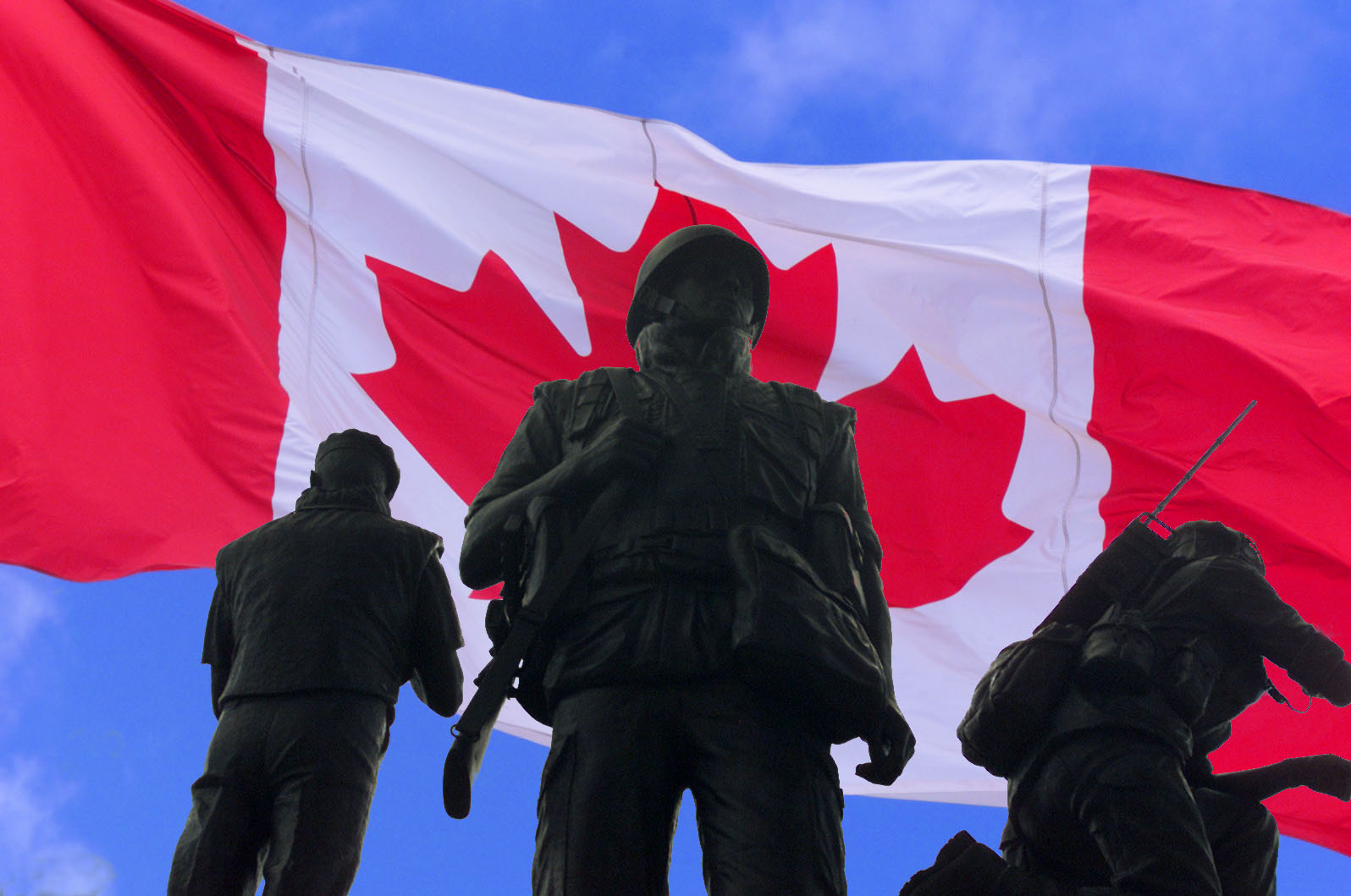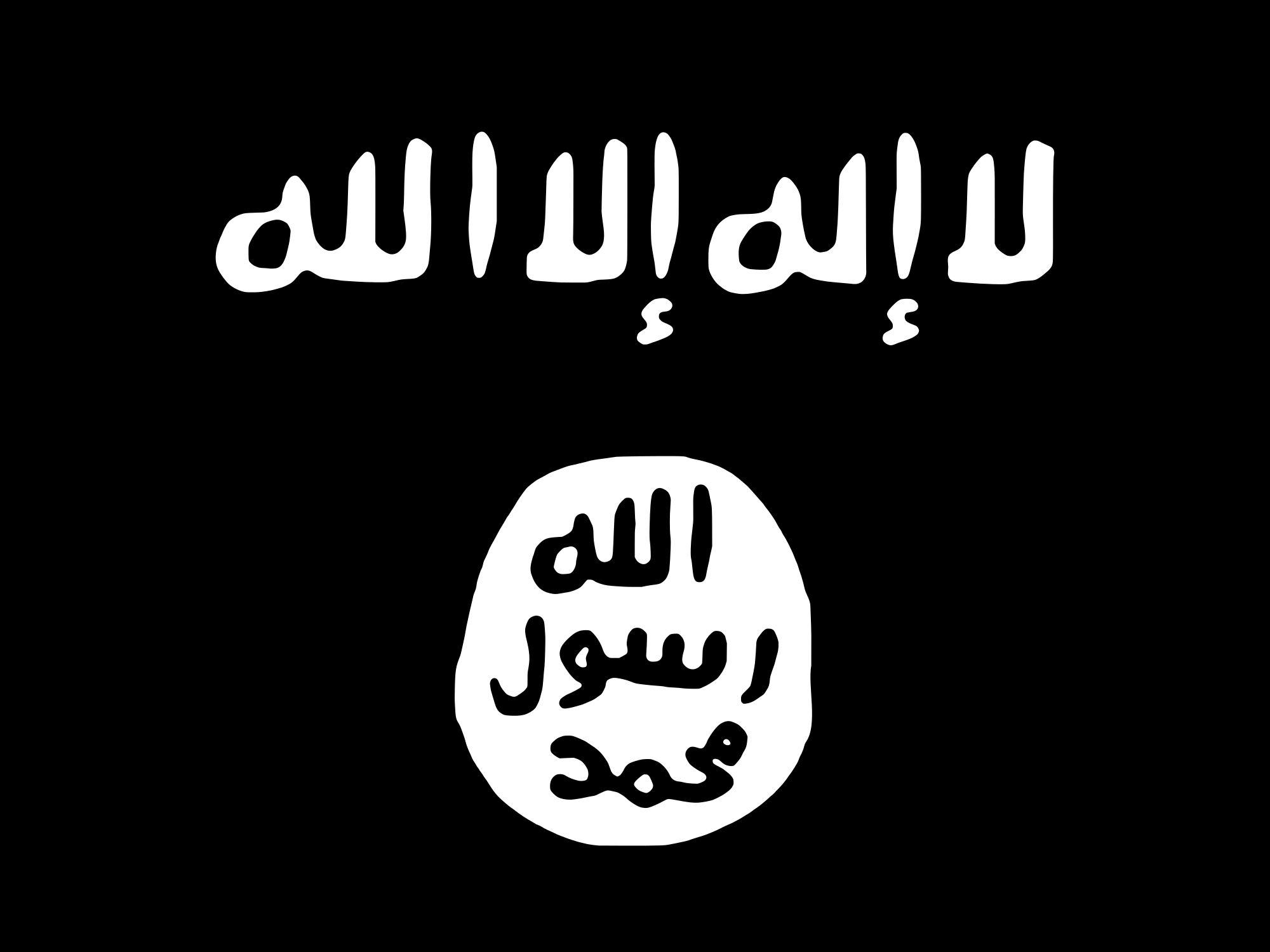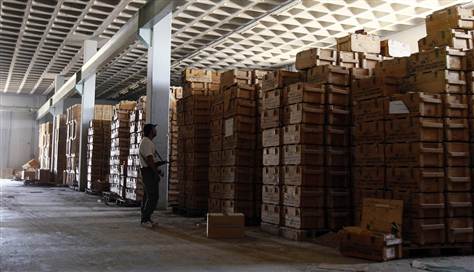During the recent NATO summit in Wales, the United States stated that to counter the growing threats from the militant terrorist group Islamic State in Iraq and Syria (ISIS), it will engage in building a ‘core coalition’ which will include Canada. Canadian Prime Minister Stephen Harper spoke of the ISIS threat and confirmed that Canada will deploy fifty to one hundred elite Canadian soldiers to Iraq for an initial thirty day period to counter what he described as ISIS’s ‘murderous rampage,’ a threat to both Canada and its allies if ISIS militants are left unchecked.
The decision to deploy Canadian soldiers to Iraq was made following Foreign Minister John Bairds’ recent visit to Baghdad, in which he pledged $15 million in non-lethal combat gear for Iraqi forces fighting the militant terrorist group. Although the deployed Canadian soldiers will work closely with U.S. forces, they will remain under full command of Canada’s Chief of Defense Staff.
The Canadian soldiers will not engage in active combat, but instead will provide Iraqi forces with strategic and tactical advice. After the initial deployment of 30 days, the mission will be reassessed. Although many Canadians stood firm against becoming militarily involved in the 2003 Iraq war, public opinion has since shifted with regards to the current political struggle in Iraq. A recent poll reveals that 54% of Canadians support the announcement made by Harper to engage in limited military deployment.
While Canadian troops will not engage in direct combat, other NATO coalition partners have agreed to station their military personnel for a more prolonged period of time, suggesting that there could be the potential for Canadian troops to remain in Iraq for a longer duration than originally anticipated. Harper acknowledged that the possibility of Canadian troops becoming more engaged in the political conflict could be in the country’s future, claiming that at the moment the risk for Canadian forces is low, yet ‘very real.’
Should its timeline be extended, Canada faces increased military spending, a rise in armed forces being deployed oversees, and the threat of being further intertwined in the growing political upheaval currently sweeping throughout Iraq. With the U.S. providing 475 additional troops to Erbil and Baghdad and with Britain, France, Germany, Poland, and Australia all committing to ramp up their military presence in Iraq for a much longer time period than Canada, the presence of Canadian troops in the region could turn from strategic and technical assistance to full military engagement, meaning that the risk facing Canada’s armed forces could become much higher than Harper’s initial claim.




